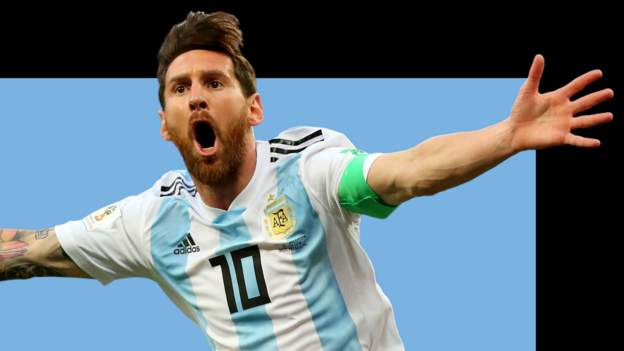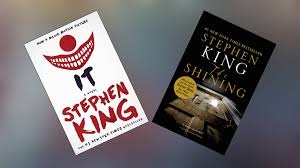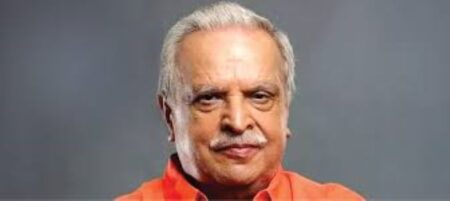A cricket fan remembers how he fell in love with football, and how a few books helped him delve deep into the beautiful game.
Irinjalakuda, my hometown, usually a sleepy little place is currently in the grip of an epidemic. It isn’t the latest mutated version of the coronavirus, it’s something much older and more infectious. It is a disease that sweeps through the place every four years. Football Fever. The World Cup has commenced and you can see signs of the epidemic everywhere. The road next to ours is festooned with bunting and flags in the colours of Argentina, Brazil and Portugal. While these are the most popular, England, Spain and Germany have also made an appearance.
A giant cut out of Leo Messi (Lionel Messi) has appeared before the Municipal Building. The local Lions Club has installed a giant screen at the Municipal Maidan where all the matches are screened live. The town is divided into factions endlessly arguing about the relative merits of their favourite teams and denigrating their opponents in choice, expletive-laden language, more so once tongues have been loosened by copious amounts of the nectar of the gods. In a cricket-crazy nation, Kerala is one state, along with Bengal and Goa, which has been rocking for the last month, to the samba beat.

Irinjalakuda has always been a football-crazy town. It is the birthplace of the legendary Olympian O.Chandrashekara Menon who represented India in the Rome Olympics in 1960 and also won medals for India at the Asian Games and the Merdeka Football Tournament. In fact, he used to live in the street adjoining mine. Irinjalakuda has produced many stalwarts of the game and periodically hosts football tournaments that draw large crowds. Football coaching is a regular sight at the Municipal Maidan on weekends with several youngsters, including a number of girls, being taught the nuances of the ‘beautiful game’.

Always a cricket fan
My favourite sport has always been cricket. I started playing the game, choosing it over others basically because there was less body contact and physicality involved, something very important to a bespectacled unathletic schoolboy. I was soon head over heels in love with the game, playing pick-up games in whatever vacant space was available. I also read up on the history and characters of the game in my spare time.
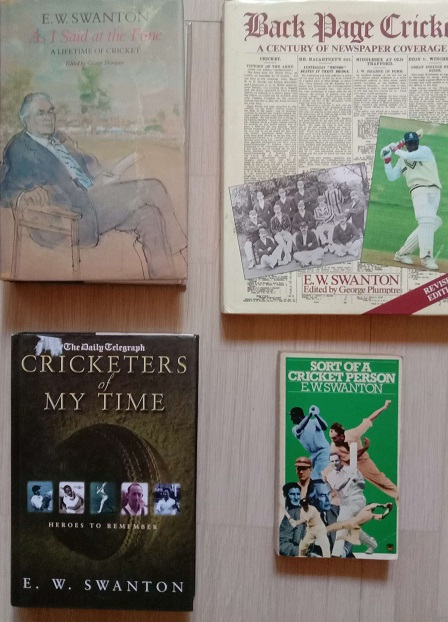
The British Council Library in Trivandrum had a large sports section, most of which was devoted to books on cricket. Here I was introduced to some of the best writers on the sport, whose books could just as well be shelved under ‘Literature’ as they could be under ‘Sports’.
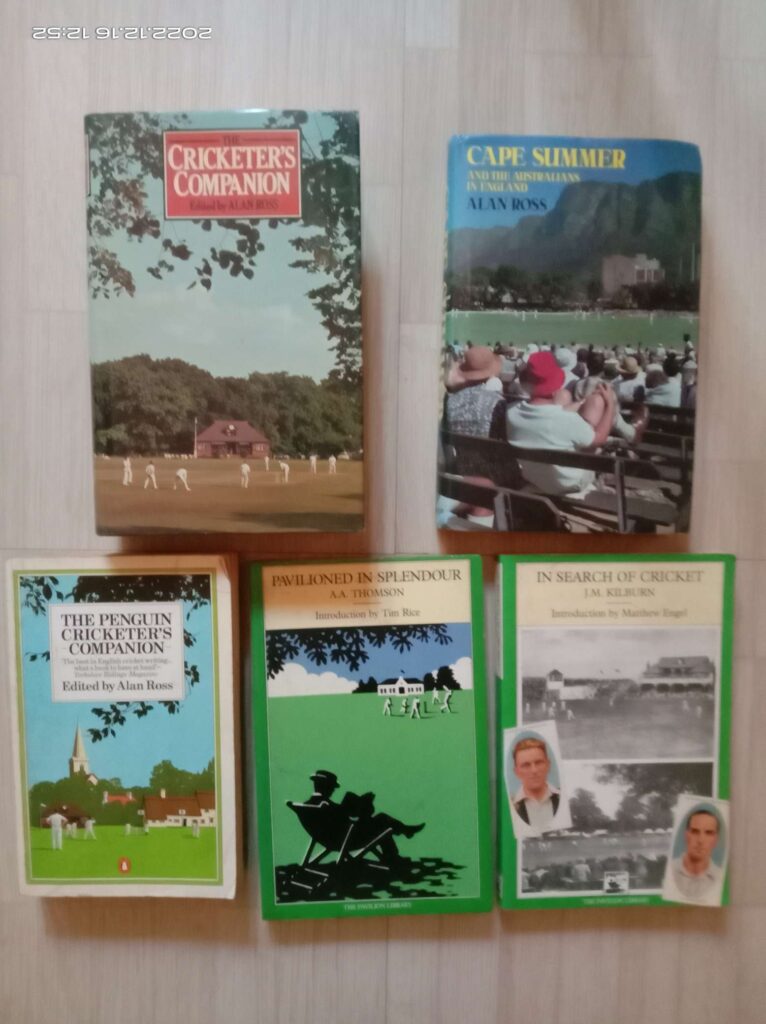
Neville Cardus, the doyen of cricket writers wrote as beautifully about his favourite game as he did about his other love, classical music. Alan Ross, Jack Fingleton, John Arlott, J.M. Kilburn, A.A.Thompson and E.W. Swanton, among others, were authors of the highest class who would have been revered as maestros had they not been writing about sports. Even someone who did not know one end of a cricket bat from the other or the difference between square leg and fine leg could enjoy their books just for the beauty of their prose.
Watching football for the first time
Football, though, was never my sport, one of the reasons being the fact that India had never excelled at the game and had a snowball’s chance in hell of qualifying for the World Cup. The big guns in the world of football were the European and South American nations. I first watched a world cup game in 1982. Television had not yet arrived in India and the tournament was not being broadcast.
A few houses in Trivandrum had television sets and they could pick up signals from Sri Lanka’s Rupavahini station which was broadcasting the tournament. The first game I ever saw involved France and it was a revelation. This wasn’t a rag-tag bunch chasing every which way after a football, which is what I had seen up to that point. The symmetric passing, sublime ball skills and hectic pace at which the game was played captivated me.
The French midfield was magical, boasting names like Michel Platini, Jean Tigana, Alain Giresse and Patrick Battiston. Willy nilly I turned into a fan, even more so once I watched the magical Brazilians Zico, Falcao and Socrates. While both Brazil and France ultimately crashed out, the cup was snared by Italy thanks to the goal-poaching skills of a little pickpocket called Paolo Rossi who would remain largely invisible until suddenly appearing out of nowhere in the box to guide the ball into the net.
The tournament also saw the debut of a much-hyped Argentinan teenager called Diego Maradona, a talent that was rumoured to be the equal of the legendary Pele. If my memory serves me right he did not do much and was even sent off in the match against Brazil. His day was to come four years later.
Maradona’s magic
The 1986 tournament was the first Football World Cup to be telecast in India. While I did not follow club football then and still do not, the World Cup was something I was looking forward to. Most days there were two games with the first at around 6.30 pm and the second at 9.30 or at 12.30 pm. I remember I watched most of the games, setting my alarm for the late-night matches and watching till the early hours of the morning.
The tournament remains fresh in my memory even now, especially Maradona’s magic. He, almost single-handedly (no pun intended) led Argentina to glory with a series of virtuoso performances leaving the world spellbound with his skills and with some help from the Almighty, or so he averred. An Argentina side bereft of major stars other than Maradona rallied behind Maradona. Valdano, Burruchaga and Jose Luis Brown were some of the players I remember thirty-six years later. While Cricket was still number one for me, that tournament cemented football in second place in my affection, supplanting tennis.
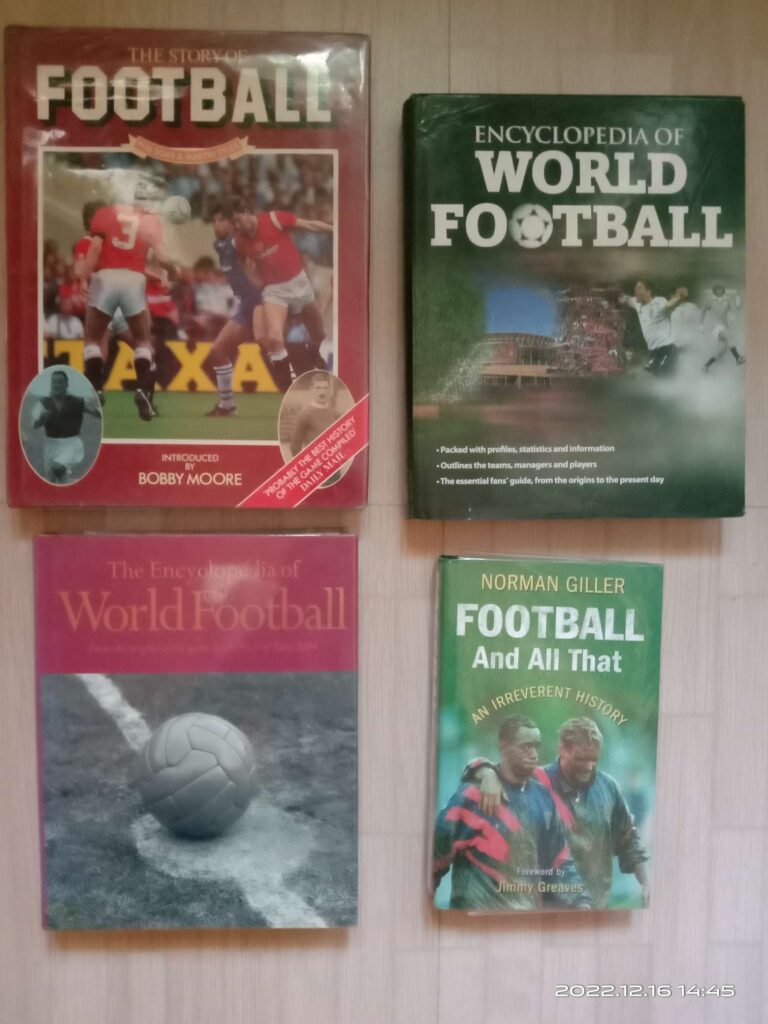

I immediately turned to the library, reading whatever I could find on football history, especially on the World Cup. I also managed to obtain a few times for my personal library, which I would turn to every four years when a world cup appeared on the horizon. The book on football that appealed to me the most is Nick Hornby’s ‘Fever Pitch’, the memoir of a football-crazy fan.

Falling in love with the game
Over the years Brazil became my favourite team as I was thrilled to the skills of Zico, Socrates, Falcao, Romario, Bebeto, Ronaldinho, Roberto Carlos, Rivaldo and a score of others. I also liked the other South American teams Argentina, Columbia, Peru, Ecuador and the like for their short passing game and dribbling skills. They were just so much more exciting to watch than the Europeans (with the honourable exception of Spain) who were more physical and appeared less skilful.
I did idolize the likes of Karl Heinz Rummenigge, Jurgen Klinsmann, Rudi Voeller, Michael Ballack, Ruud Gullit, Marco Van Basten, Dennis Bergkamp, Enzo Scifo, Gheorghe Hagi (the Maradona of the Carpathians), Raul, Paul Gascoigne, Gary Lineker, Zinedine Zidane, Thierry Henri, Davor Suker and many others. My current favourite is the peerless Leo Messi, the best player I have seen since Maradona though Cristiano Ronaldo runs him a close second.
This will probably be Messi’s last world cup, as also Ronaldo’s, and his last shot at winning Football’s top prize. Should he lead Argentina to glory his place alongside Pele and Maradona is assured?
A number of top teams have fallen by the wayside during the qualifying rounds of the current World Cup. Italy, Columbia, Nigeria and Egypt are some of the top teams that could not make it to Qatar. We could not enjoy the skills of Mo Saleh, James Rodriguez or Alexis Sanchez. During the tournament, a number of the established teams have lost to lesser-known nations with the likes of Japan, South Korea, Saudi Arabia and Morocco shocking better-known nations. Asian and African teams have made giant strides and are now challenging the hegemony of Europe and South America.
The tournament has seen the emergence of new stars who will brighten the football firmament in the years to come. The final will see the clash of the defending champions with a team that has last seen glory in 1986 under the peerless Maradona. I, along with the rest of Irinjalakuda, will be watching with bated breath.

